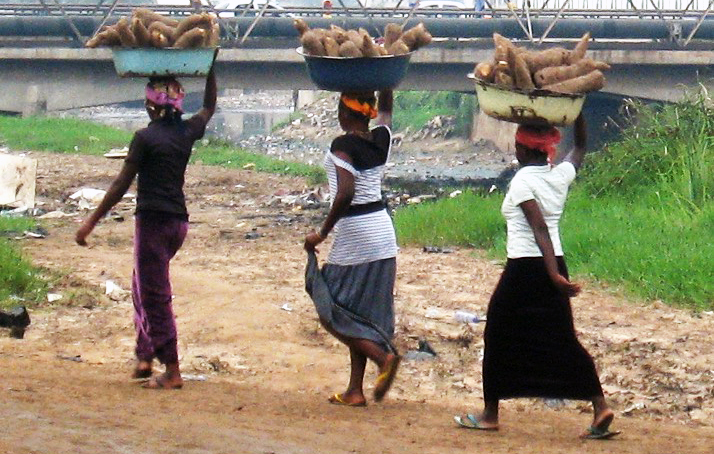MSc Economics graduate Emaan Siddique explores the complex role of non-governmental organizations (NGOs) in international development, highlighting both their potential benefits and pitfalls.
The issue
Public opinion on the role of NGOs in development is often divided. In a 2019 survey, Gallup found that 32 percent of respondents worldwide do not have confidence in NGOs or charitable organizations. Despite this, NGOs working in developing countries are often seen as more effective at delivering services than government agencies. However, when incentives and expectations are unaligned, NGOs can end up doing more harm than good. More often than not, this occurs when efforts are either too top-down or bottom-up, rather than somewhere in the middle.
Where NGO efforts tumble
In Uganda, researchers found that NGO entry was associated with increased infant mortality in villages that already had government health workers. Researchers attribute this lowered standard of care to a combination of incentives that deter NGO health workers from providing free health services. In Ghana, researchers studied the impact of a multi-sectoral participatory development program run by an international NGO.[1] Not only did the program fail to increase well-being overall, it also decreased the well-being of its most fervent supporters by failing to meet their expectations. In both these cases, we witness a crowding out effect, whereby resources are shifted away from existing institutions into the NGO that ultimately do not improve quality of life. Hence, instead of competing for public service delivery, NGOs and governments must work together for better coordinated action and resource allocation.
Where NGO efforts transcend
A study in India found that an NGO’s prior engagement with communities increased the adoption of improved cookstoves by 30 percent. Researchers discern that the NGO was able to achieve this by lowering transaction costs for both beneficiaries and service providers. Moreover, in Indonesia, despite the lack of strong government institutions, the activism of NGOs resulted in improve minimum wage standards. Specifically, districts with local labor NGOs were able to close this wage gap by around one-third. The success of these interventions demonstrates the importance of aligning development goals with the needs of local communities. When implemented successfully, these efforts also prove cost-effective as communities effectively invest in themselves. These more bottom-up approaches are, however, limited in scope.
Closing thoughts
In line with the evidence presented, more thorough analyses suggest that NGOs would benefit from a blended approach to development. That is, one that combines elements from both top-down and bottom-up efforts. This involves striking the balance between efficiency and community participation, a delicate balance that international NGOs struggle to achieve. Nonetheless, they will need to achieve this to compete with the quality of service delivery provided by their local counterparts.
[1] Participatory development involves local communities in the planning and implementation of projects that directly impact them.
The views expressed in this post are those of the author and do not reflect those of the International Development LSE blog, the London School of Economics and Political Science, or the European External Action Service. The blog is based on the author’s dissertation.
Image credit: NGO’s listen in to the discussion at the 63rd Session of the UNHCR Executive Committee, United States Mission Geneva via Flickr.
This article was originally posted on thedevelopingeconomist.substack.com.






Emman nice to read your article regarding the NGOs role for international development. We all are third sector organization are working for the uplift of human across the world through different approaches. here in Pakistan, we are working at gross root level institutions through community demand driven approach for the poverty alleviation. In CDD method at grassroot level institutions are plan mange the development activities at village as well as Union council level to implement the poverty alleviation approach. her is strong need to continue the approach of third sector organization NGOs to put its more efforts for the poverty alleviation.
This article provides a comprehensive overview of the multifaceted roles NGOs play in international development. It’s enlightening to see how these organizations contribute not only through direct aid but also by influencing policy and fostering local capacities. I’d love to read more about specific case studies where NGO interventions have led to significant policy changes.